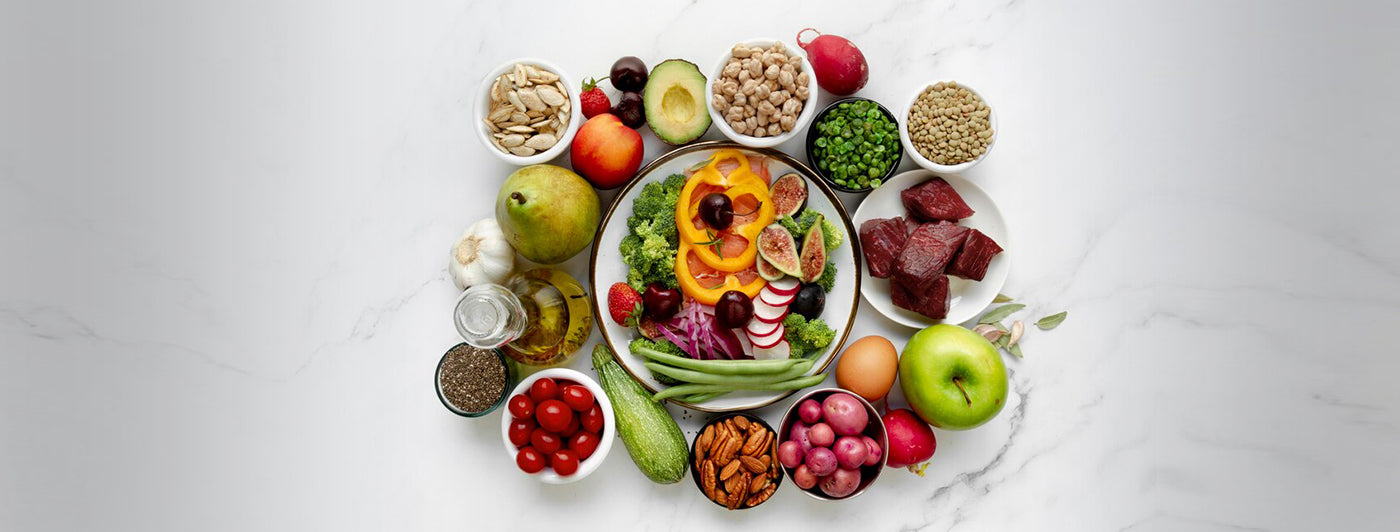Building muscle is a science that combines exercise, rest, and most importantly, nutrition. Among all the nutrients, protein is critical for repairing and rebuilding muscles post-exercise. But exactly how much protein is required for muscle gain? Expert insights offer clarity, providing research-backed recommendations that cater to individual needs.
Why Protein Is Required for Muscle Gain
Protein serves as the building block for muscles, aiding in the repair and growth of muscle fibers after workouts. Without sufficient protein intake, the body struggles to recover and build new muscle, no matter how intense the workout routine. This is especially true for those who engage in resistance training or high-intensity workouts designed to stimulate muscle hypertrophy.
The amount of protein required for muscle gain depends on several factors, including age, activity level, and body composition. While general guidelines recommend about 0.8 grams of protein per kilogram of body weight for sedentary individuals, those aiming for muscle gain often need significantly more.
Expert Recommendations
Experts suggest that active individuals and athletes looking to gain muscle should aim for 1.6 to 2.2 grams of protein per kilogram of body weight. For example, a person weighing 70 kg should consume between 112 and 154 grams of protein daily.
Understanding your individual needs is critical when determining the protein required for muscle gain. Consulting a dietitian or fitness expert can help tailor your intake for optimal results.
Timing Matters
Consuming protein at the right time is equally important. Spreading protein intake across meals ensures a steady supply of amino acids for muscle repair. Post-workout protein consumption is crucial, as muscles are most receptive to nutrients during this window.
Common Sources of Protein
When it comes to fulfilling the protein required for muscle gain, both animal-based and plant-based sources play a role. However, many individuals are now exploring plant-based options due to their sustainability, digestibility, and health benefits.
1. Plant-Based Sources:
- Legumes like lentils, chickpeas, and black beans are rich in protein and fiber, supporting muscle repair and digestion.
- Whole grains like quinoa, oats, and amaranth are excellent sources of plant-based protein and carbohydrates for sustained energy.
- Seeds and nuts, including chia seeds, hemp seeds, and almonds, deliver protein along with healthy fats and micronutrients.
-
Additionally, vegan protein powder for muscle gain can be a convenient option for those looking to meet their protein requirements sustainably.
2. Animal-Based Sources:
- Lean meats like chicken and turkey, known for their high protein density.
- Fish and seafood such as salmon and tuna, which also provide omega-3 fatty acids.
- Dairy products like milk, yogurt, and cheese offer protein along with calcium for bone health.
Plant-based sources, when combined thoughtfully, can match or even surpass the nutritional value of animal proteins. For instance, pairing grains like quinoa with legumes ensures a complete amino acid profile. Additionally, plant proteins are naturally free of cholesterol, making them a heart-healthy choice while meeting the protein required for muscle gain.
Debunking Myths
A common question arises: Can you achieve muscle gain working out without protein? While exercise stimulates muscle growth by creating tiny tears in muscle fibers, protein is essential for repairing and rebuilding these fibers. Without adequate protein, muscles may not recover fully, leading to fatigue, slower progress, and even muscle loss over time.
The Role of Protein in Recovery
Protein provides the amino acids needed to repair damaged muscle tissue and promote hypertrophy (muscle growth). If your body doesn’t receive enough protein, it starts breaking down existing muscle tissue to meet its demands, counteracting your workout efforts. This is particularly true for individuals engaging in resistance training, high-intensity interval training (HIIT), or endurance activities.
Risks of Protein Deficiency
- Fatigue and Weakness: Insufficient protein intake can lead to reduced energy levels and slower recovery between workouts.
- Increased Injury Risk: Without adequate protein, connective tissues and muscles weaken, increasing the likelihood of injuries like strains or sprains.
- Plateauing Performance: You may notice diminished strength gains or slower improvements in performance metrics.
Ultimately, working out without protein undermines your fitness goals. Exercise lays the foundation for muscle growth, but protein is the key to rebuilding and strengthening muscles effectively. Without it, the protein required for muscle gain cannot be met.
Benefits of Protein for Females Focused on Fitness
Protein is vital for everyone, but the benefits of protein shakes for females extend beyond muscle gain. Protein supports lean muscle maintenance, hormonal balance, and overall metabolic health. Additionally, women involved in regular workouts benefit from protein's role in muscle recovery and body composition improvement.
For women aiming to build muscle or lose fat, protein shakes provide a convenient and effective way to meet daily protein requirements. Choosing natural, additive-free options ensures maximum benefits without unnecessary ingredients like class 2 preservatives.
Optimizing Protein Intake for Muscle Gain

1. Calculate Your Needs:
Use your body weight to determine your daily protein requirements. Multiply your weight in kilograms by 1.6 to 2.2 to get your ideal range. For example, a person weighing 70 kg would need between 112 and 154 grams of protein daily.
2. Choose Quality Sources:
Opt for plant-based sources like legumes, seeds, nuts, and whole grains, which provide essential nutrients for muscle growth. Plant-based protein powders, often made from seeds or grains, are another convenient option. Alternatively, animal-based sources such as lean meats, dairy, and eggs also deliver high-quality protein for muscle gain
3. Distribute Protein Across Meals:
Aim for 20-40 grams of protein per meal to maximize muscle protein synthesis. Including a mix of plant-based options, such as quinoa, beans, or almond butter, alongside other sources ensures balanced intake throughout the day.
4. Post-Workout Protein:
Consume a protein-rich snack or shake within 30 minutes of working out. This window is critical for muscle recovery and provides the nutrients needed to repair muscle fibers and promote growth. Meeting the protein required for muscle gain through consistent dietary habits is key to maximizing your fitness efforts.
Conclusion
Muscle gain demands a balanced approach, with protein at the center of the process. Understanding the amount of protein required for muscle gain and incorporating it into your diet strategically ensures that your efforts in the gym translate into visible results.
Whether you prefer plant-based or animal-based options, the important thing is to meet your body's protein needs consistently. With expert insights, strategic planning, and consistent effort, muscle growth becomes not only achievable but sustainable.











